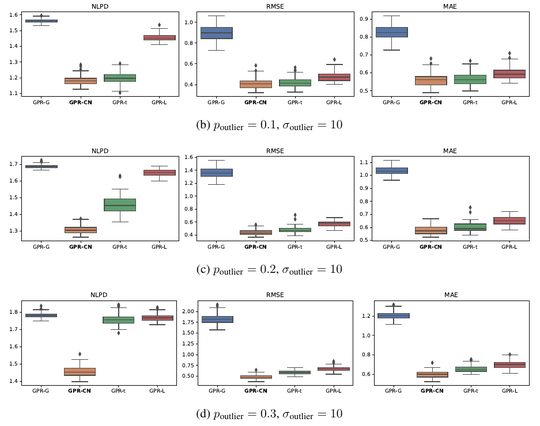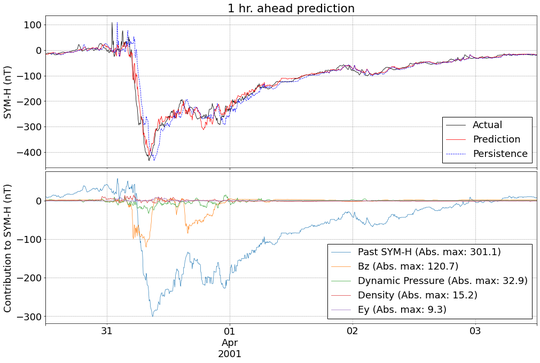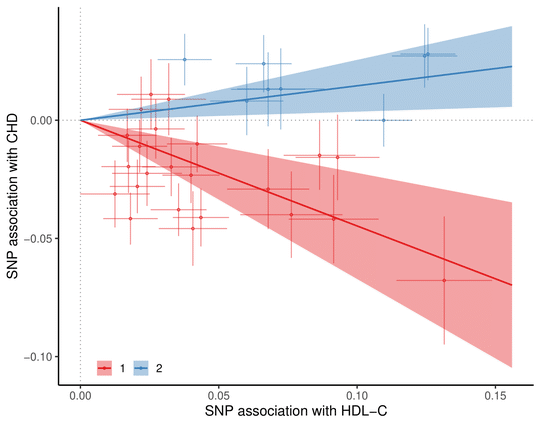Daniel Iong
PhD Candidate in Statistics
University of Michigan, Ann Arbor
Education
-
PhD Statistics 2017 - 2023
University of Michigan, Ann Arbor
-
BS Statistics, BA Economics 2013 - 2017
University of California, Davis
Interests
- Probabilistic/Bayesian modeling
- Time series forecasting
- (Statistical) machine learning
- Applied Statistics
Experience
Data Scientist Intern
- Developed algorithm based on convolutional neural networks and other computer vision methods to detect rare GNSS interference events in geolocation (AIS, ADS-B) data as a key deliverable for a Department of Defense contract.
- Trained convolutional neural networks on generated synthetic data using PyTorch on AWS EC2 instances.
Research Intern
- Mentors: Charles N. Arge, Michael Kirk, Daniel Da Silva
- Identified novel application of dynamic time warping for model evaluation of a physics-based solar wind model
- Created web app using Dash and Plotly packages in Python to visualize dynamic time warping (see below).
Projects
.js-id-completed

Variational inference for robust Gaussian process regression
We developed a scalable approximate inference algorithm for robust Gaussian process regression with contaminated normal noise. Initial experiments with simulated and actual data are promising.

We trained gradient boosted trees to forecast the SYM-H index several hours ahead using solar wind data and used SHAP values to explain predictions.
We introduced the notion of ‘mechanistic heterogeneity’ in Mendelian Randomization, developed a latent mixture method to model it, and used it to estimate heterogeneous causal effects between HDL cholesterol and coronary heart disease.
Publications
(2022).
Global Sensitivity Analysis and Uncertainty Quantification for Background Solar Wind using the Alfvén Wave Solar Atmosphere Model.
Space Weather.
(2022).
New Findings From Explainable SYM-H Forecasting Using Gradient Boosting Machines.
Space Weather.
(2020).
A Latent Mixture Model for Heterogeneous Causal Mechanisms in Mendelian Randomization.
Submitted to Annals of Applied Statistics.

